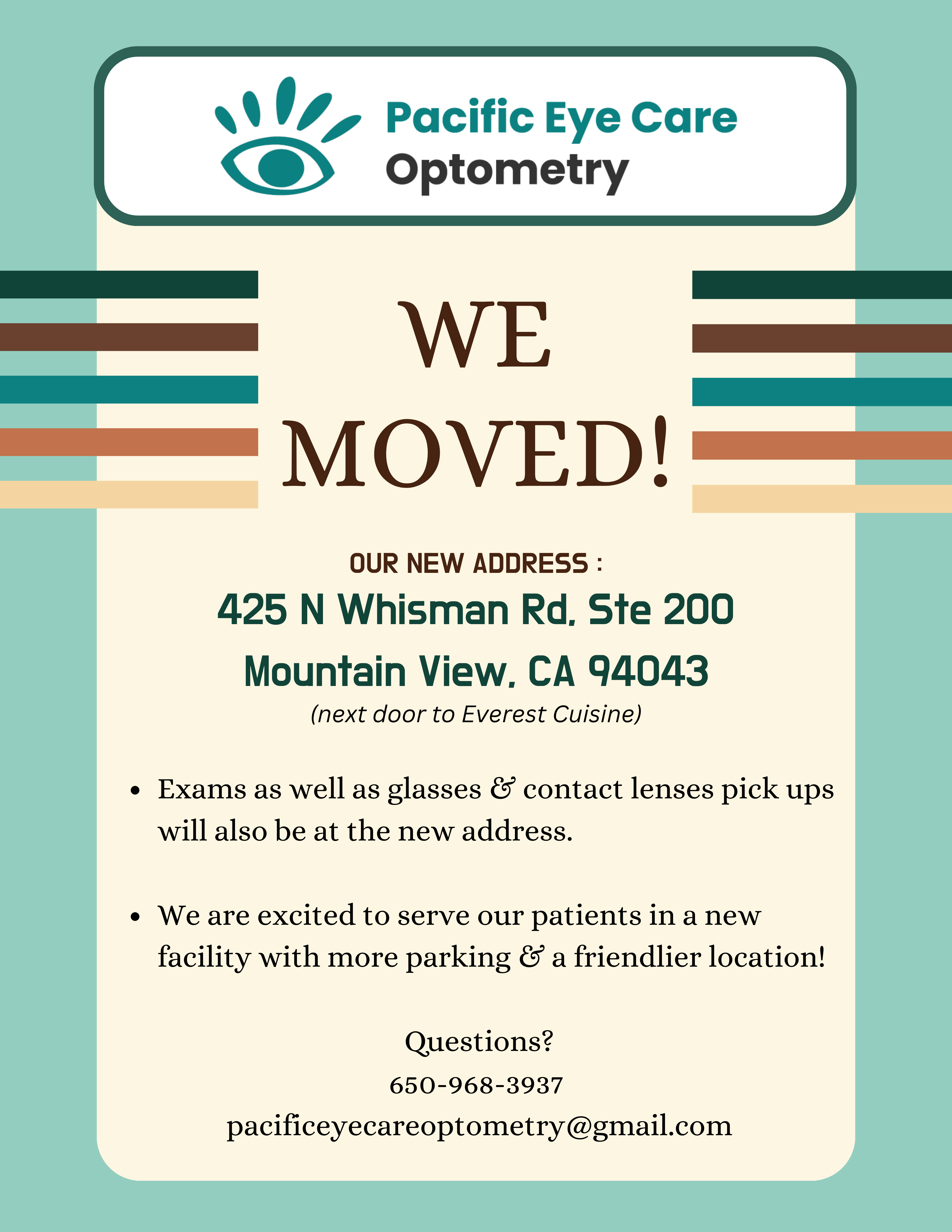
A doctor's primary job is to ensure their patient is healthy, but an equally important part of the exam is making their patient happy. A critical shift needs to occur from just checking on health to actually improving their patients’ lives. In an ideal world, doctors would spend as much time as needed with each patient, but factors like time, money, and attention fatigue often limit this. By investing in lifestyle-focused optometric services, patients can experience a more valuable and fulfilling healthcare journey that goes beyond basic medical treatment.
Lifestyle and medical services in optometry often overlap; a major difference is that traditional medical services focus on diagnosing and treating eye conditions, whereas lifestyle services go further, addressing factors that enhance overall quality of life. By proactively engaging in your health and openly communicating with your optometrist about both your medical symptoms and your lifestyle needs, you can achieve a more holistic and satisfying outcome.
Take myopia control, for instance. Traditional approaches might just involve prescribing stronger glasses or contact lenses as your child’s vision worsens. Lifestyle-oriented care focuses on controlling the progression of myopia. Techniques like orthokeratology (overnight corrective lenses), specialized soft lenses, or atropine eye drops can slow down myopia progression, potentially reducing the risk of severe vision problems later on. By discussing your child’s daily habits, screen time, and outdoor activities with your optometrist, a tailored plan can be created that fits into your child’s life while effectively managing myopia.
Refractive surgery, like LASIK or even cataract surgery, is another great example. These procedures don't just correct vision; they can significantly improve quality of life by eliminating the need for glasses or contact lenses. However, undergoing refractive surgery is a big decision. Having a thorough discussion with your optometrist about your lifestyle, expectations, and concerns can help ensure you choose the right procedure and get the best results. A well-informed decision can transform not just your vision but your daily experiences, from sports to critical tasks like reading and driving.
Dry eye procedures, including MiBoFlow, punctal plugs and at home remedies, show the importance of a lifestyle-focused approach. Dry eye can seriously impact daily comfort and productivity. Traditional treatments might include artificial tears or prescription medications, but modern optometry offers more advanced options. MiBoFlow, for example, can reduce inflammation and improve gland function, providing long-lasting relief. By discussing your symptoms, daily routines, and environmental factors with your optometrist, you can find a treatment plan that not only alleviates dry eye but enhances your overall well-being.
In conclusion, the most fulfilling optometric care goes beyond medical treatment. By engaging in open, proactive conversations about both your health and lifestyle, you can work with your optometrist to develop personalized solutions that improve not only your vision but your quality of life. Whether it’s controlling myopia, opting for refractive surgery, or addressing dry eye, a comprehensive approach that considers you and your family’s unique lifestyle needs will always lead to a more valuable and satisfying experience.
At our office, we pride ourselves on providing this holistic, lifestyle-focused care. Our dedicated optometrists are here to listen, understand, and tailor treatments to fit your life perfectly. Don't wait to experience the difference. Book an exam with us today and take the first step towards a healthier, happier you.









